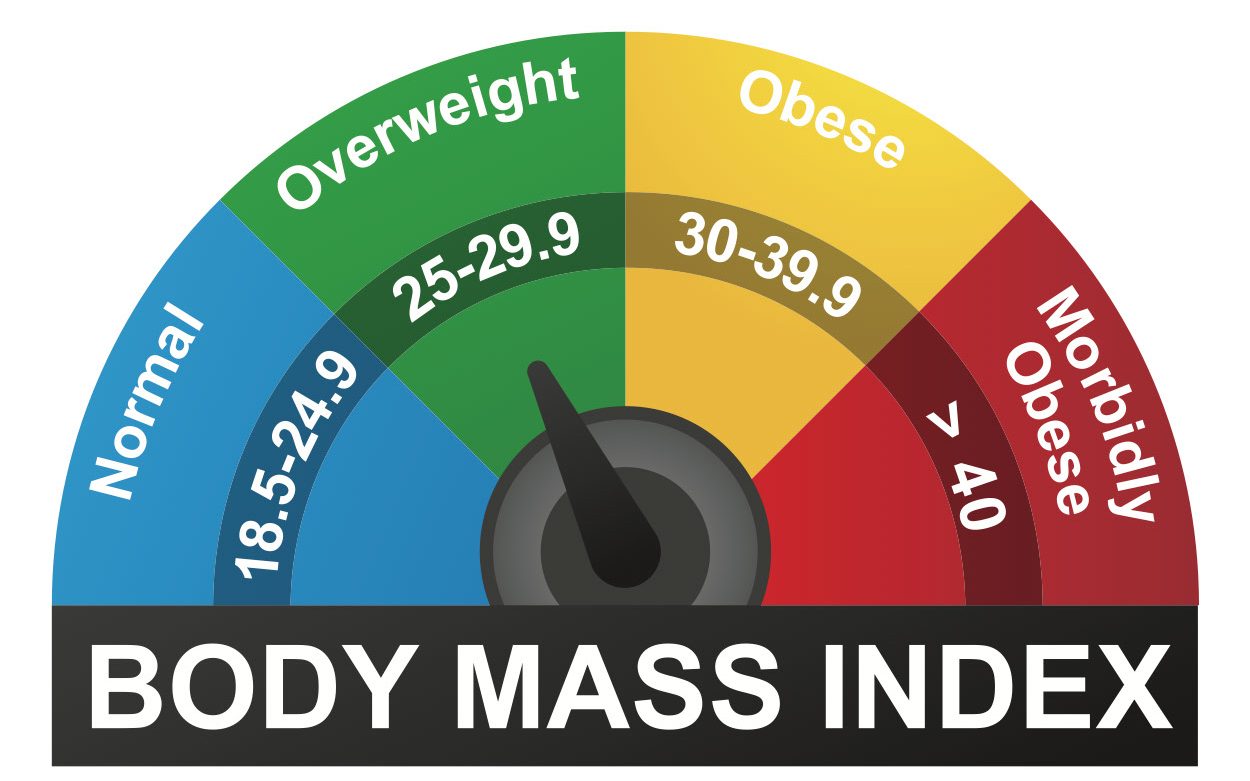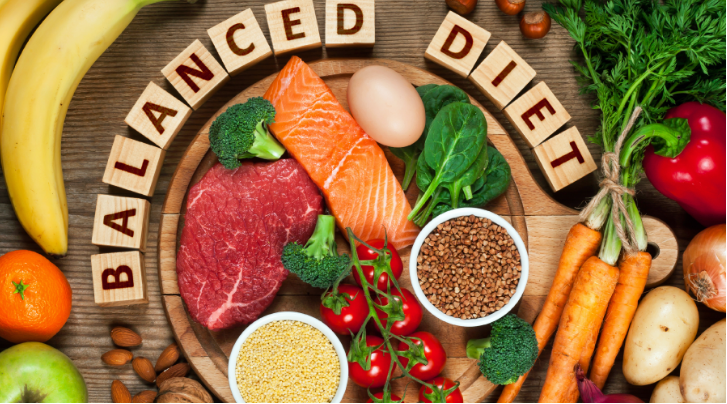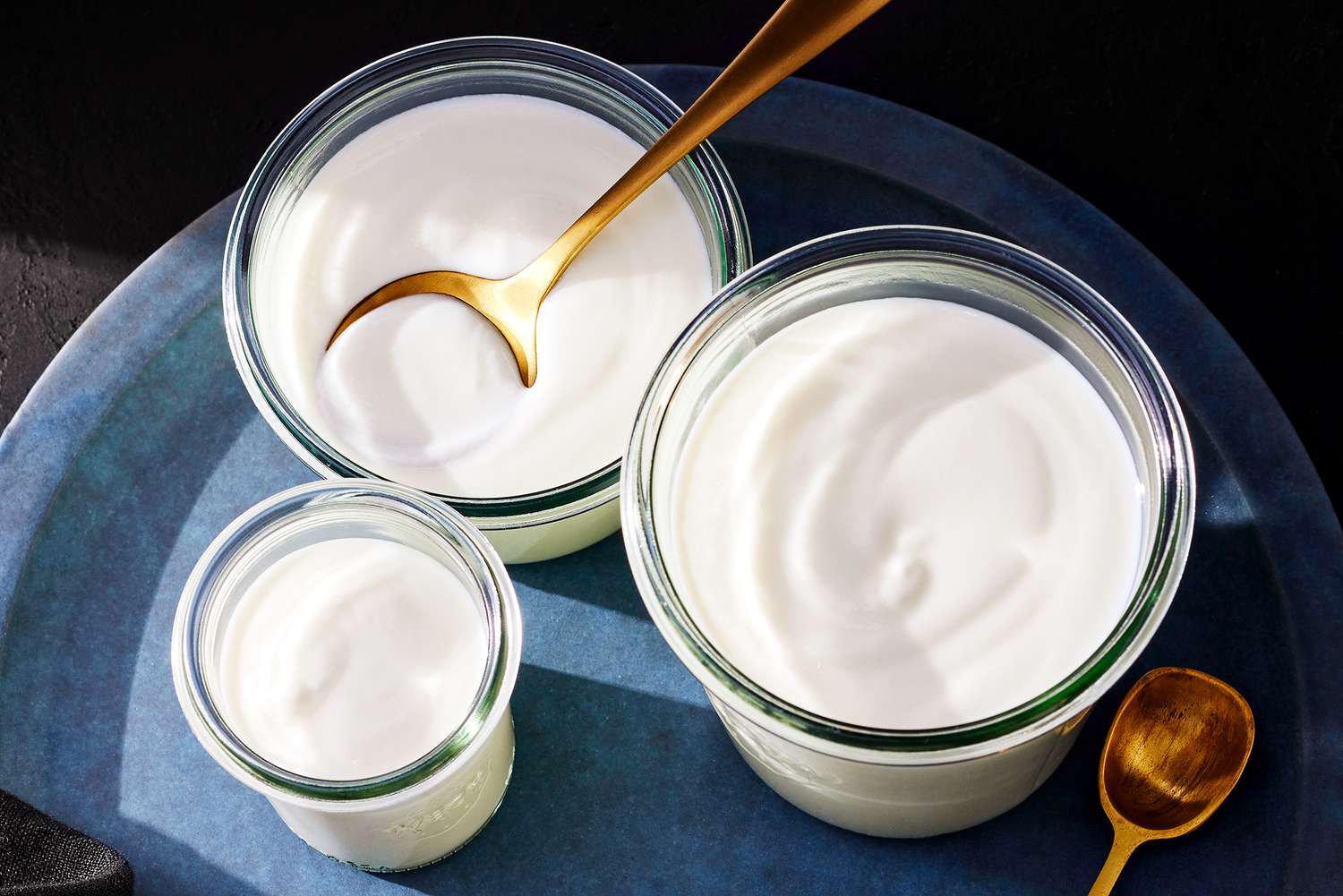As we grow older various changes occur in our body and that affects our metabolism system, nutrient observations, and overall health.
Research has proven that maintaining a healthy habit not only prevents chronic health issues like diabetes, heart problems, and many more. It also makes you feel energetic and happier.
Here on this blog, we discussed how to maintain a healthy diet and what are the basic foods you can add to your diet.
What are the Benefits of Having a Healthy Diet?
Maintaining a healthy diet has various health benifits.
- You will feel healthier and live longer.
- Keeps your eye, skin, and teeth healthy.
- Strengthen muscles.
- Boost your immunity system.
- Strong bones.
- Prevent chronic diseases (type-2 diabetes, cancer, heart issues, etc.)
- Improve the digestive system.
- Maintain body weight.
- Healthy pregnancy.
Maintain a Balance Diet
Maintaining a healthy diet is essential for overall health and well-being.
Add a Variety of Food
In your balanced diet, you should add food from all the groups. Consuming a wide range of foods can full fill the nutrient requirements (such as nutrients, proteins, vitamins, and minerals) of your body to function well.
Consuming a variety of food can increase the risk of allergies and develops food sensitivity. Eating a variety of food every day can build up a tolerance and prevent issues (like allergies) to occur.
Limit Your Intake Size
Even if you maintain a healthy diet but consuming too much can lead to many health issues and weight gain. On the internet, you can easily find what is the recommended size of each food group.
Limit the Process Food and Sugar Intake
You can eat processed food and sugar but we suggest limiting the intake because processed foods contain high calories, unhealthy fats, and sodium. It is also low in fiber, vitamins, and minerals.
If you are consuming these foods regularly then it can lead to chronic diseases such as type-2 diabetes, resistance to insulin, and many more.
Plan Your Meal Properly
Make your diet plan ahead of time for a week or a month. Whether it be in personal or professional endeavors, having a clear plan of action can help you stay on track and achieve your goal.
21 Dense-Nutrient Foods that You Can Consume Everyday
Salmon
Salmon fish contains omega-3 fatty acids. It is rich in nutrients, proteins, and minerals. As research says that you can consume this fish twice a day which helps you prevent heart problems, depression, diabetes, and other chronic health issues.
If you consume 100gm of fish then you will get 2.2gm omega-3 fatty acid.
Kale
It is the best remedy to full fill the body’s nutrient requirements.
It contains vitamins, minerals, proteins, minerals, and fiber.
It is rich in Vitamin C, vitamin K1, vitamin B6, antioxidant properties, potassium, magnesium, calcium, copper, and indole-3-carbinol properties that help to fight cancer.
It also strengthens your bones and overall body.
Seaweed
It is another popular plant that is used to make sushi.
It is rich in calcium, iron, potassium, and magnesium that strengthen your bones. If you consume this plant twice or thrice a moth can full fill all the iron and iodine needs.
It also contains antioxidants and anti-inflammatory properties that prevent infections and bacteria from spreading.
Garlic
It is the best ingredient that can easily be found in every Indian household.
It contains vitamins B1, B6, and C, potassium, calcium, sodium, copper, magnesium, and selenium. It can eliminate the bad cholesterol level and increase the good cholesterol level.
It also helps to fight cancer, maintain the blood pressure level, and reduce the chances of heart disease.
You can consume raw garlic because it contains anti-inflammation properties.
Shellfish
It is the best ingredient that contains the most nutrients and other properties that no other ingredient has.
It is rich in vitamin B6, it contains sixteen times more than any other ingredients.
It also contains calcium, potassium, iron, vitamins B, and C.
The 100 grams of shellfish contains 600% more zinc, 200% more copper, and vitamins B, & D.
Majority of the people are not aware that it is the most nutritious food in the world.
Animal Liver
Humans are eating meat for hundreds of years. Generally, people prefer to consume muscles rather than eat organs. That’s because they are not aware that it is rich in nutrients and other properties.
It contains vitamins B12, B6, B5, & B2, vitamin A, copper, iron, zinc, and many more proteins.
Sardines
It is an oily fish that is good for your overall health. It contains omega -3fatty acids that strengthen your heart health.
Blueberries
It is rich in vitamins, minerals, and antioxidant properties. It contains antioxidant properties like anthocyanins that provide a protective effect on your brain and improve a person’s memory.
Some studies confirm that it can help you fight cancer.
Egg Yolks
We all know that egg is rich in vitamins, minerals, and protein. It also contains good fat that helps to reduce the weight. Some studies also confirm that consuming good fat doesn’t mean weight gain.
It also protects your eye and prevents eye diseases such as cataracts and degeneration.
Dark Chocolate
It is the most nutritious food in the world. It contains fiber, iron, magnesium, copper, and many more.
It is also rich in antioxidant properties compared to vegetables or other food sources. Besides all these, it has various health benifits such as maintaining the blood pressure level, improving the blood, and improving the brain functions.
If you consume dark chocolate five times a week then 57% of the chances are that you won’t suffer from heart issues.
Peanut Butter
It is another remedy that contains high protein and good fats. It also contains vitamin E, magnesium, and other properties.
Avocado
It is another great remedy that is rich in fiber, potassium, and protein. One avocado contains 5gm of saturated fat.
Yogurt
It is another remedy that contains proteins, calcium, and probiotics properties.
Oatmeal
It is a great source of soluble fiber that helps you reduce cholesterol.
Leafy Green
It is another home remedy that is rich in fiber, proteins, and minerals. It is rich in vitamins A, E, C, and K, fiber, magnesium, iron, fiber, and potassium.
It can help to keep red blood cells healthy and improve your digestive system. It also contains good bacteria that are good for eye health.
Cook at home
Prepare meals at home using fresh ingredients to have control over the quality and nutritional content of your food.
Limit Your Sugar Intake
Cut back on sugary beverages, desserts, and processed snacks, opting for natural sweeteners like fruits or small amounts of honey or maple syrup when needed.
Herbal Teas
Enjoy herbal teas like green tea, chamomile, or ginger tea, which can have various health benefits.
Mind-Body Connection
Practice stress management techniques like meditation, deep breathing exercises, or yoga to reduce emotional eating.
Smoothies
Prepare nutritious smoothies using fresh fruits, leafy greens, and a source of protein like yogurt or nut butter.
Control snaking
Opt for nutritious snacks such as fruits, vegetables, yogurt, or nuts, and avoid mindless snacking on unhealthy foods.
Limit Your Salt Intake
Limit the use of table salt and high-sodium condiments, opting for herbs, spices, or lemon juice for flavoring instead.
Healthy Fats
Incorporate sources of healthy fats like avocados, nuts, seeds, and olive oil into your meals.
Conclusion
Here in this blog, we discussed various things about how to maintain a healthy diet and what remedies you can add to your diet plan to replenish the nutrition and protein.





















